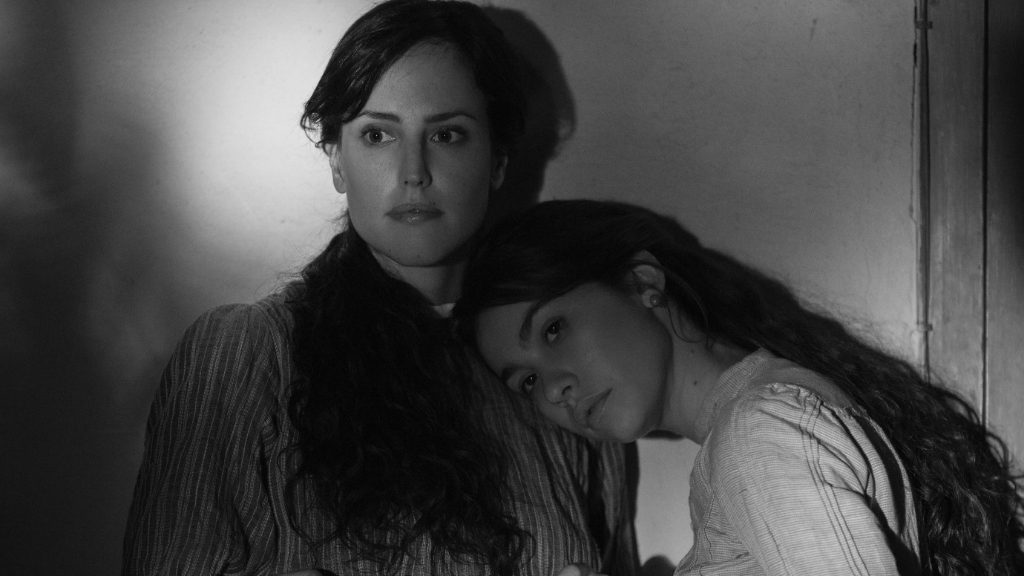Elisa & Marcela: Director Isabel Coixet translates a remarkable real-life story into an unremarkable film

There was a feeling that some of those attending the press screening of director Isabel Coixet’s Elisa & Marcela were standing by to boo as the film started. The feature itself wasn’t the object of derision (although it would be by the time the credits rolled), but it was the studio logo at the start of the screening – the dreaded Netflix – that had some riled up. The streaming giant’s emblem (which seems to have been upgraded from the television version that usually proclaims a Netflix original) received many jeers, and the movie’s inclusion in the festival has been a point of contention for Berlinale. It’s not the picture itself, or any of its content (including many lesbian sex scenes, one of which features an octopus, perhaps in an inadvertent nod to the 13th James Bond film), but it’s simply the fact that this work will go straight to Netflix’s vast library in the majority of countries, and as such, should have been excluded from the film festival, as is the protocol at Cannes.
Coixet’s film (loosely) tells the real-life story of Elisa (Natalia de Molina) and Marcela (Greta Fernández), who first meet as students at a convent school in Argentina at the tail end of the 1800s. There’s an improbably rapid mutual attraction, which is curtailed when the latter of the pair is sent to Spain to become a teacher. Three years later, the former is also a teacher in Spain, and is gratified when Marcela seeks her out, beginning a brief period of domestic bliss. Though based on actual events, the film remains infuriatingly unconvincing throughout, executed with a po-faced dreariness.
With subterfuge that involves (unintentionally amusing) transvestism, the women manage to marry, becoming the first (and still the only) same-sex couple to be married by Spain’s Catholic church. The feature clumsily presents parallels between the prejudices of the era and those that continue today, and if there was any confusion, the whole affair is preachily summarised by a number of title cards at the end. Coixet assumes that her characters are far more interesting than they are as they spout their eye-rollingly obvious dialogue. Incidentally, if the director was to edit out the long (so very long) pauses that each character indulges in before replying to someone else, then she could quite easily cut half an hour from her picture. Elisa & Marcela was undoubtedly produced with the best of intentions, but it’s disappointing that such a fascinating real-life story could become such a bothersome film.
Oliver Johnston
Elisa & Marcela does not have a UK release date yet.
Read more reviews from our Berlin Film Festival 2019 coverage here.
For further information about the event visit the Berlin Film Festival website here.
Watch two clips from Elisa & Marcela here:
























Facebook
Twitter
Instagram
YouTube
RSS